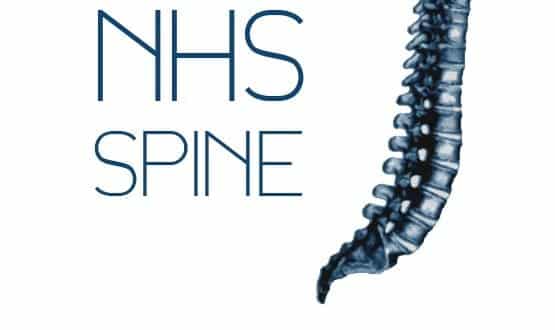RCGP ethics committee recommends opt-in for NCRS
- 18 October 2005
The ethics committee of the Royal College of GPs has recommended that patients must have the right to opt-in to the sharing of information via the NHS Care Records Service. If ratified, the decision would put the college at odds with NHS Connecting for Health’s Care Record Development Board which has adopted an opt-out model.
The recommendation, which will be considered by the RCGP Council next month, comes as CfH begins a massive public information campaign on the NHS Care Records Service (NCRS) based on its opt-out model.
The opt-out policy adopted by CfH’s Care Record Development Board (CRDB) is that patients must actively seek to prevent disclosure of information within the NHS although disclosure of information outside the NHS will require explicit consent.
If the RCGP Council ratifies the recommendation of its ethics committee it will add to growing professional pressure on the CRDB to modify its policy.
The British Medical Association’s policy is also that patients must have the right to opt-in to the NCRS.
Dr Richard Vautrey, a GP in Leeds and a negotiator for the BMA’s GP committee, said that ultimately the decision on opt-in or opt-out should rest with patients.
He told EHI Primary Care that he was anxious for the public information campaign on the NCRS to begin. He added: “If the significant majority of patients are comfortable with what Connecting for Health is recommending we need to respect that but if as a result of wider public debate there is concern about the proposals they will have to be modified. Connecting for Health and the professions need to listen to what patients want.”
Dr Vautry said he felt CfH had already listened to the professions and modified its pure opt-out policy and welcomed the proposal from CfH that patients be offered the opportunity of opt-out of any additional information being added to their summary record at the end of each consultation.
However Dr Vautrey said there was still concern about what will happen when patient information is initially uploaded to the spine. Current proposals are that as practices become ready to join the NCRS, summary information extracted from GP records will be uploaded to the spine following a local information campaign about the new system. Patients who do not wish information to be uploaded in this way will be able to opt out.
Dr Vautry added: “This is where we do still have some concerns and where the opt-in, opt-out debate applies.”
CfH’s public information campaign on the NCRS is due to take place in three stages. The first phase, already underway, is for 1.3million leaflets to be distributed to NHS staff outlining how the NCRS will work.
The leaflet, Health care records, wherever and whenever you need them, does not explicitly cover the opt-out policy but briefly explains what will be included in the NCRS and how access controls will work. It adds: “Some people will want to limit access to sensitive information in their record. They can choose to what extent they want to participate in the NHS Care Records Service.”
Early next year more detailed information is due to be sent to NHS staff with a wider public information campaign to follow.
The RCGP said it would not be discussing the ethical committee’s decision before the full Council meeting.
A spokesperson for NHS Connecting for Health told EHI Primary Care that following public consultation and research, the opt-out policy had been agreed by the Public Advisory Board, the Ethics Advisory Board of the CRDB, the CRDB, the National Programme Board and ministers.
He added: "The current policy of the CRDB is clear. Detailed and Summary Care Records are well protected by the Role Based Access System and legitimate relationships. The vast majority of people will wish to take advantage of the increased communication between the health professionals that care for them, the better safety that comes with enhanced information, and the scope for their increased involvement in their own care.
"However, some will choose to limit their participation and we offer have ways for them to do so. People will be informed in advance, advised of the ways they can limit their participation and given various ways to get more information and advice.
"As the RCGP is an important body, we are very keen to work with it to ensure it understands how we have come to this position and to give it confidence that the decision was reached following wide consultation and research."




